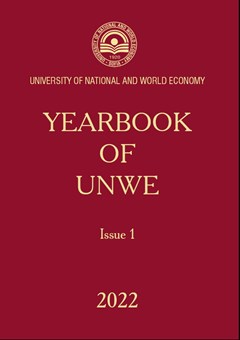The Evolution of Media Literacy in Bulgaria’s Formal and Non-Formal Education
Authors: Stella Angova, Ivan Valchanov, Maria Nikolova, Iliya Valkov, Svetla Tsankova, Georgi Minev
Abstract
The concept of media literacy has become more popular in formal and non-formal education in Bulgaria in recent years. The nongovernmental sector has been particularly active in developing course materials, conferences, seminars, and resources for teachers and instructors. Media literacy is slowly being integrated into school and university curricula. It is precisely these two aspects of the evolution of media literacy in Bulgaria that this study focuses on due to the fact that in all countries with high levels of media literacy an active collaboration between formal and non-formal educational institutions is present. We have analysed school and university-level initiatives in the years 2019-2022, major projects in the nongovernmental sector, and the experts’ assessment of the level of media literacy in Bulgaria. We have also described the results of a survey that we conducted among 534 high-school teachers at the beginning of 2022.
Drawing on our analysis, we highlighted the thesis that the system of formal education needs to catch up with the non-formal education sector in relation to media literacy, the aim of which is not directed only towards students and teachers, but towards a range of age and societal groups.
JEL: L82, I21

